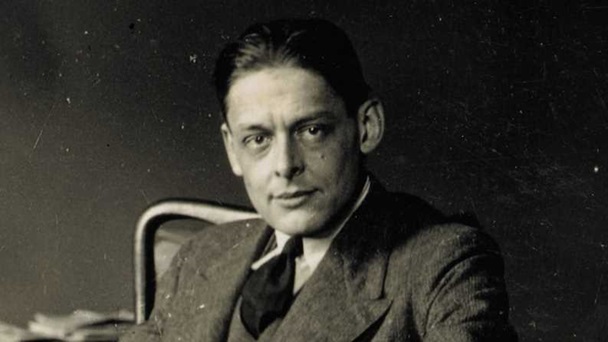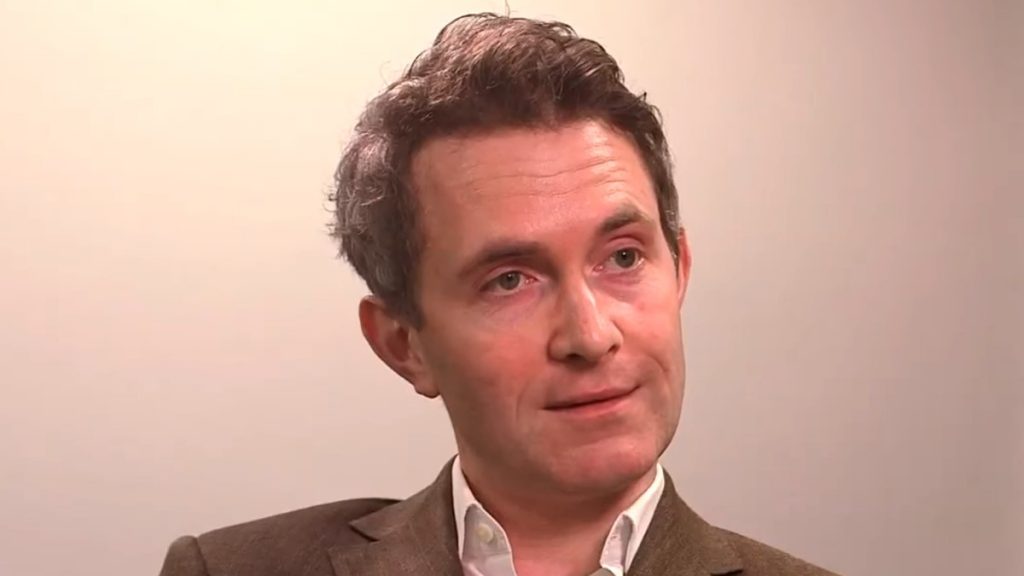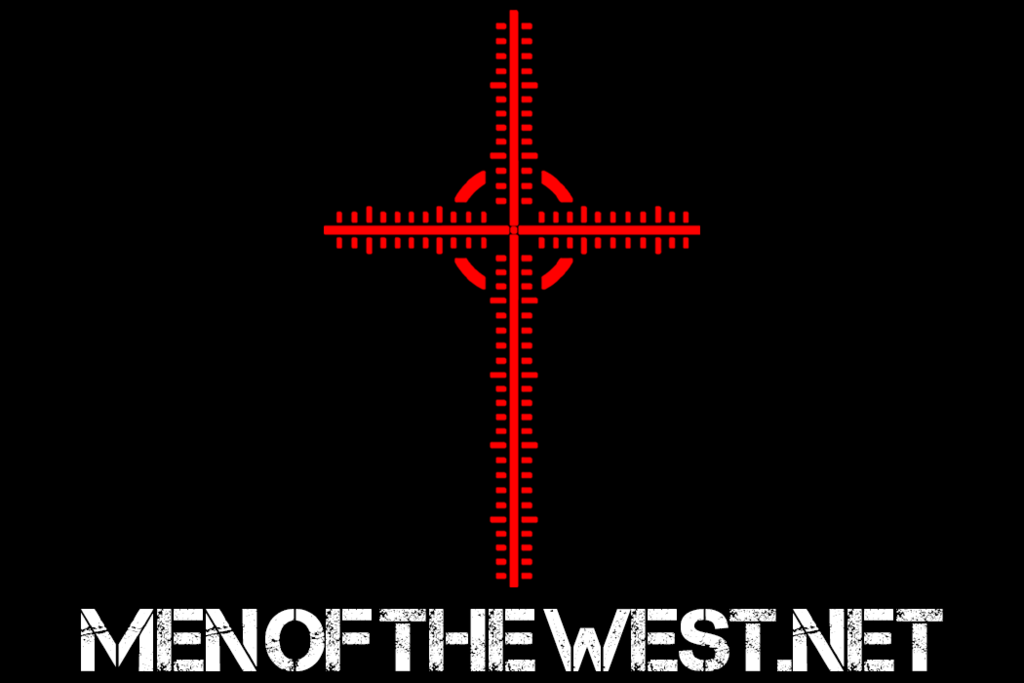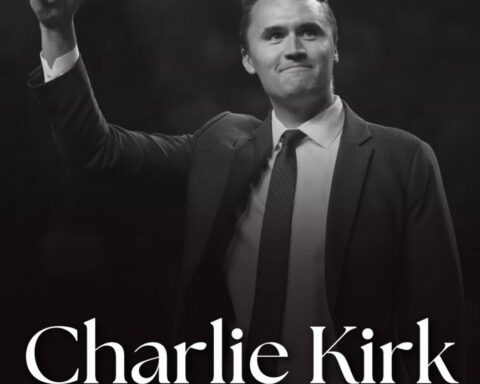Surely you know this poem by T.S. Eliot. You’ve heard bits and pieces, quotes. You’ve seen Apocalypse Now. It’s so influential as to almost be overused, but there is a reason for that: it is probably the best poem by the best poet of the Modernist movement in literature.
Eliot was an American poet with British affectations–so much so that later in his life he emigrated to England and spent the rest of his days there. There is something about writers from Missouri wanting to get the hell out of that state. We won’t really go into his biography at this point past that, but he wrote The Hollow Men in 1925, after the end of World War I and during a time of increasing decadence despite the horrors of the Great War.
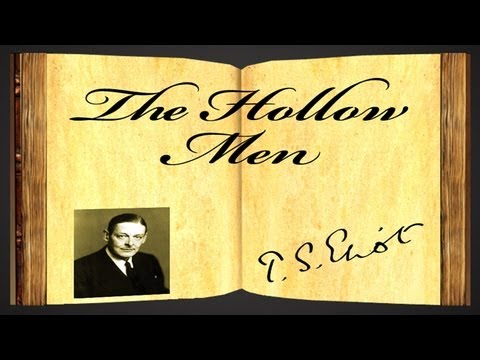
The poem itself is inspired by Conrad’s Heart of Darkness and quotes it several times. As it is a Modernist piece, it is chock full of allusion to other works and authors: Julius Caesar, William Morris, Rudyard Kipling, The Bible, Dante, just to list a few. There are more exhaustive lists of references both within the poem and to the poem elsewhere.
Indeed, the poem is Biblical in scope; Eliot was a Christian off-and-on, a man who struggled with faith but ultimately faith won; but this was 1925, so that victory was still distant in his life, and the 1920s were not always kind to him in his private life. The protagonists of the poem equally struggle, given the desolation, emptiness, and hopelessness all around them in death’s various kingdoms, culminating in that final whimper in that over-quoted but influential and powerful last verse.
Of course, there are also political themes to the poem. The Great War led to the Versailles Treaty, which people like Eliot believed would not end well for anyone. (He was, of course, right. But that’s a different matter.)
Most Modernist poetry is absolute garbage and we won’t spend much time with it (there are some exceptions), but T.S. Eliot delivers. There will be more of him as this series progresses.
The Hollow Men
T.S. Eliot
Mistah Kurtz-he dead
A penny for the Old Guy
I
We are the hollow men
We are the stuffed men
Leaning together
Headpiece filled with straw. Alas!
Our dried voices, when
We whisper together
Are quiet and meaningless
As wind in dry grass
Or rats’ feet over broken glass
In our dry cellar
Shape without form, shade without colour,
Paralysed force, gesture without motion;
Those who have crossed
With direct eyes, to death’s other Kingdom
Remember us-if at all-not as lost
Violent souls, but only
As the hollow men
The stuffed men.
II
Eyes I dare not meet in dreams
In death’s dream kingdom
These do not appear:
There, the eyes are
Sunlight on a broken column
There, is a tree swinging
And voices are
In the wind’s singing
More distant and more solemn
Than a fading star.
Let me be no nearer
In death’s dream kingdom
Let me also wear
Such deliberate disguises
Rat’s coat, crowskin, crossed staves
In a field
Behaving as the wind behaves
No nearer-
Not that final meeting
In the twilight kingdom
III
This is the dead land
This is cactus land
Here the stone images
Are raised, here they receive
The supplication of a dead man’s hand
Under the twinkle of a fading star.
Is it like this
In death’s other kingdom
Waking alone
At the hour when we are
Trembling with tenderness
Lips that would kiss
Form prayers to broken stone.
IV
The eyes are not here
There are no eyes here
In this valley of dying stars
In this hollow valley
This broken jaw of our lost kingdoms
In this last of meeting places
We grope together
And avoid speech
Gathered on this beach of the tumid river
Sightless, unless
The eyes reappear
As the perpetual star
Multifoliate rose
Of death’s twilight kingdom
The hope only
Of empty men.
V
Here we go round the prickly pear
Prickly pear prickly pear
Here we go round the prickly pear
At five o’clock in the morning.
Between the idea
And the reality
Between the motion
And the act
Falls the Shadow
For Thine is the Kingdom
Between the conception
And the creation
Between the emotion
And the response
Falls the Shadow
Life is very long
Between the desire
And the spasm
Between the potency
And the existence
Between the essence
And the descent
Falls the Shadow
For Thine is the Kingdom
For Thine is
Life is
For Thine is the
This is the way the world ends
This is the way the world ends
This is the way the world ends
Not with a bang but a whimper.

